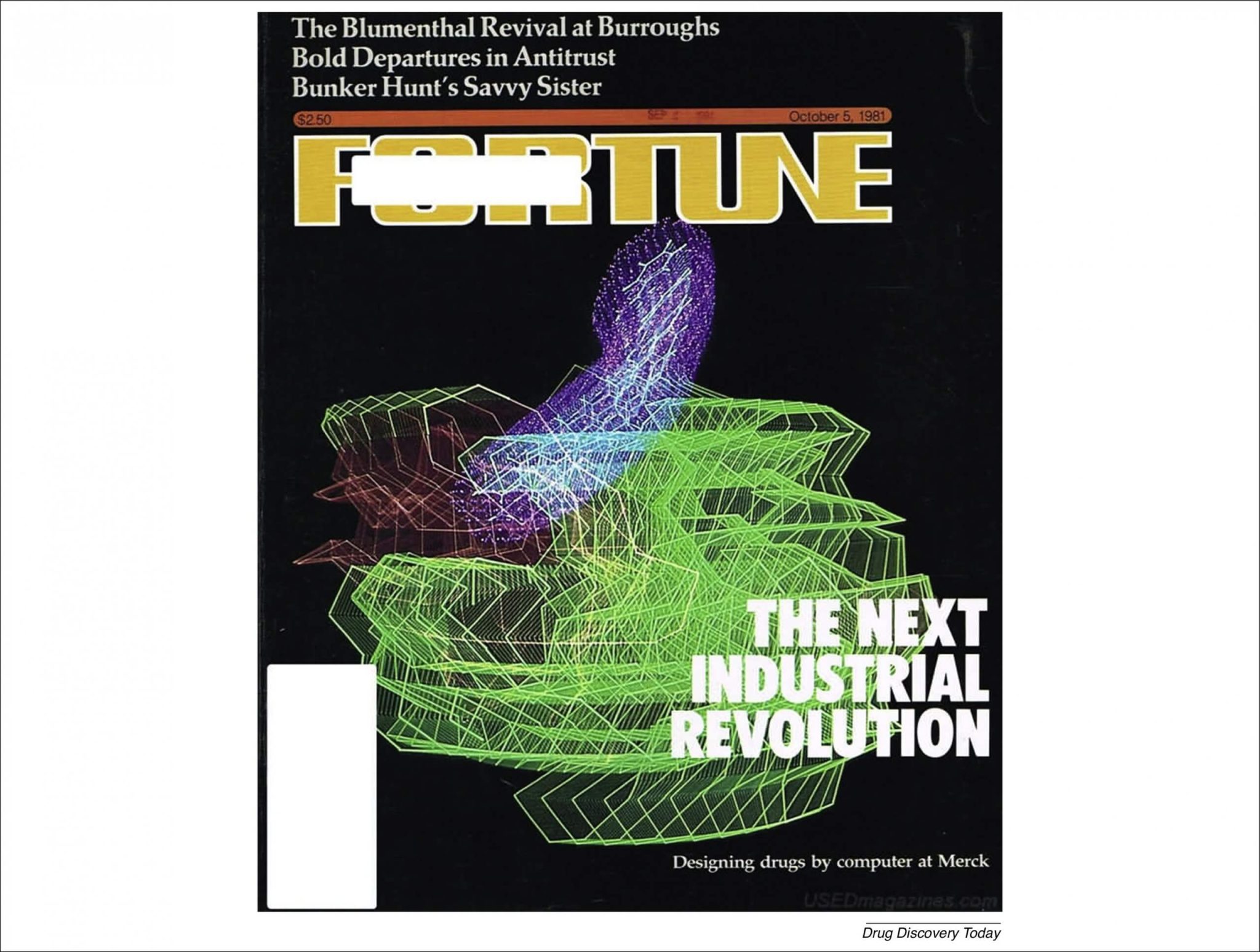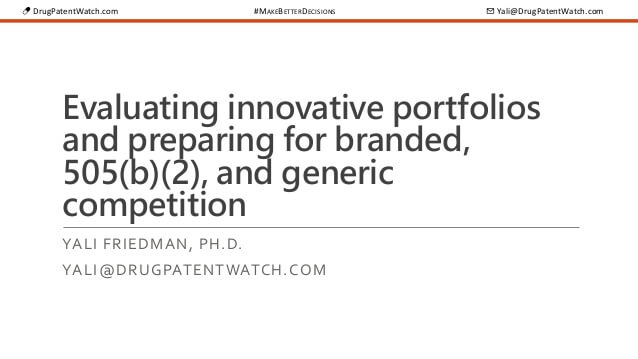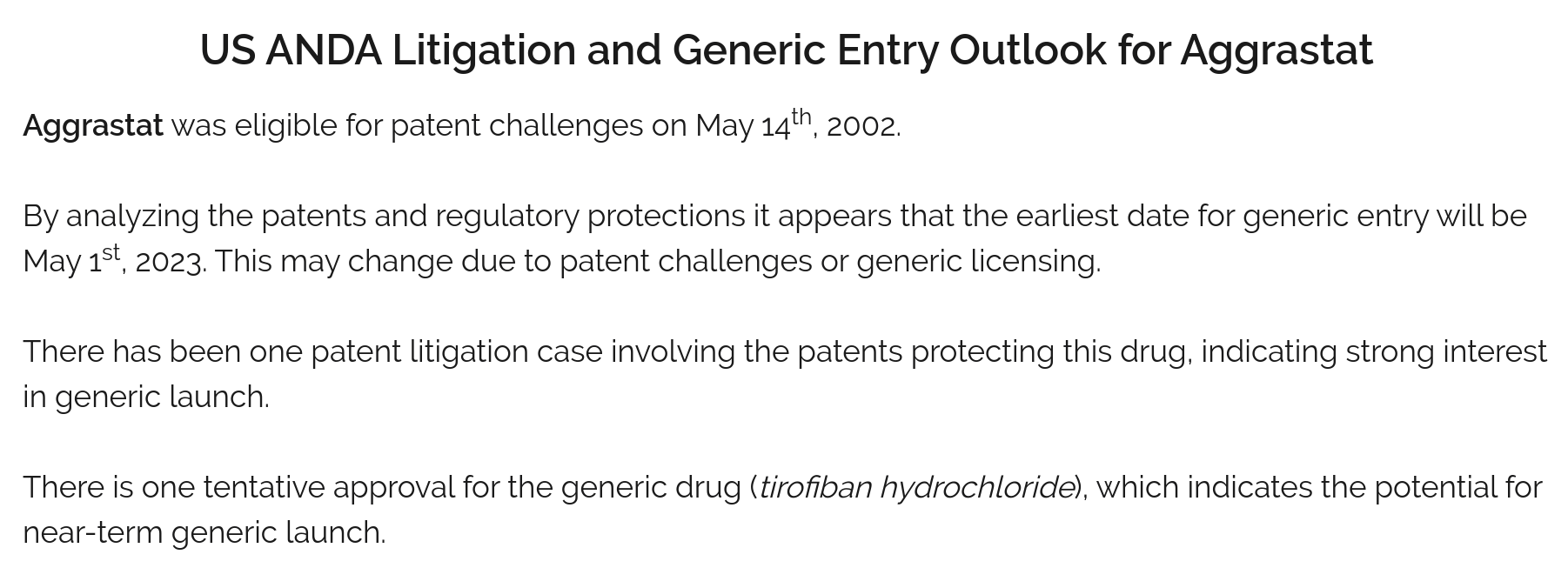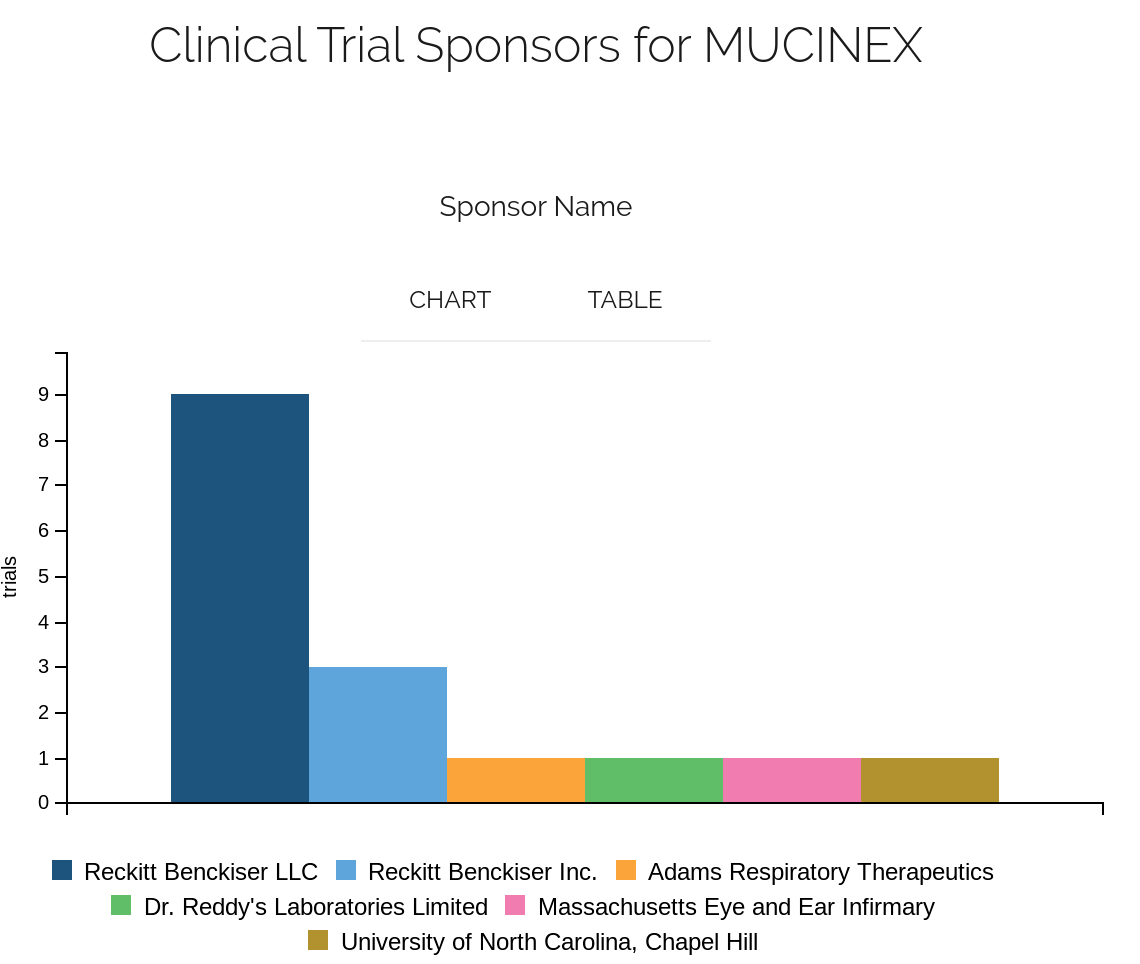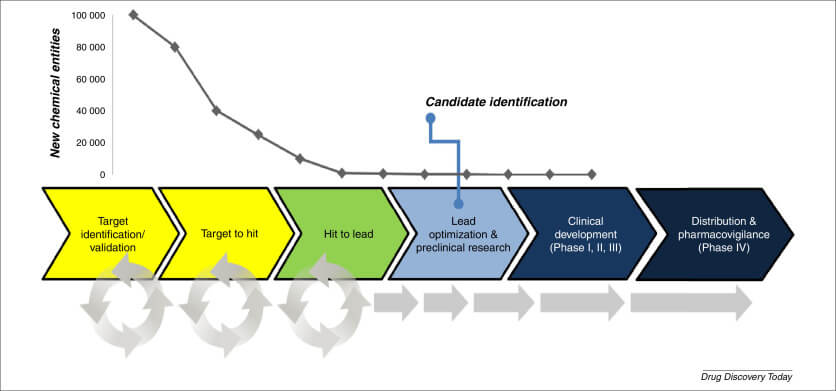 Litigation related to drug patents, whether it be direct patent challenges, contract disputes, or other cases, can provide direct intelligence (through disclosures of competitive intelligence) or indirect intelligence through exposure of successful and failed tactics. Obtaining business intelligence from litigation is described in another article; this article will describe strategic intelligence.
Litigation related to drug patents, whether it be direct patent challenges, contract disputes, or other cases, can provide direct intelligence (through disclosures of competitive intelligence) or indirect intelligence through exposure of successful and failed tactics. Obtaining business intelligence from litigation is described in another article; this article will describe strategic intelligence.
Don’t Repeat Failed Tactics
The most immediate use of litigation history is to examine the failed tactics of prior patent challengers. For example, the rich histories of drugs such as Restasis, Mucinex, and others can be used to avoid repeating the failed tactics of others and to select appropriate candidates, and preferred strategies, for future patent challenges.
Learn from Successful Challengers
Examining patent challenges which succeeded in invalidating patents is a useful long-term strategy, but litigation analysis can also provide near-term benefits.
The cases of Viagra and Endo v. Watson, illustrate potential opportunities to learn from litigation which did not invalidate patents. The Endo v. Watson suit was discussed in using litigation disclosures to get business intelligence. In that case Watson and Teikoku agreed to dismiss their patent infringement case in exchange for Watson agreeing to license the contested drug. Teva lost a patent infringement lawsuit covering Viagra brought by Pfizer, but later was issued a license to sell the generic drug.
The common questions is both these cases are a) Why would a patent holder issue a license to enable generic sales for a drug for when they still had a standing patent?, and b) Why would a patent challenger pay a licensing fee instead of pursuing patent invalidation with the opportunity to obtain 180 days of generic market exclusivity?
A detailed examination of litigation proceedings can provide some potential answers to these questions, but the immediate assumption is that neither the plaintiff nor the defendant wanted to risk losing their case; perhaps the patent challenger had a case strong enough to compel the patent holder to offer a license rather than risk losing their patent and the patent holder had a case strong enough to motivate the challenger to pay a licensing fee rather than risk an outright loss.
Accordingly, examining cases which end in settlement can reveal weaknesses in the positions of both the challengers and the defendants.
Apply Successful Patent Challenges to Other Countries
The United States is the world’s largest biopharmaceutical market, and it has the world’s strongest patent protection. Accordingly, the majority of patent challenges are anticipated to occur in the United States. But what about other countries? While patent laws differ between countries, it is worth following US patent litigation to see if successful patent challenges in the United States can be extended to other countries.
Anticipate Settlement Terms

When parties agree to a out-of-court settlement in lieu of following litigation to a court-mandated decision the terms of the settlement are generally not publicly disclosed. But by looking for secondary suits, such as Teikoku’s contract dispute with Endo following a settlement with Watson, can reveal the terms of a settlement. This knowledge can be used in future litigation to predict what terms a party may find acceptable in an out-of-court settlement.
Write Better Patents
While analyzing litigation can provide immediate assistance in crafting strategies to challenge drug patents, it can also be an essential part of patent crafting and prosecution.
The primary goal of patent prosecution is to obtain a patent grant, but even a granted patent is of little value if it cannot stand up to challenge.
Accordingly, attorneys involved in drafting and prosecuting patents are advised to study patent litigation to anticipate patent challenges and produce stronger litigation-resistant patents.
DrugPatentWatch offers the tools to continuously track patents covering drugs, litigations, tentative generic approvals, and other factors essential to making better decisions. For more information, request a demo and learn more about our subscription options.


